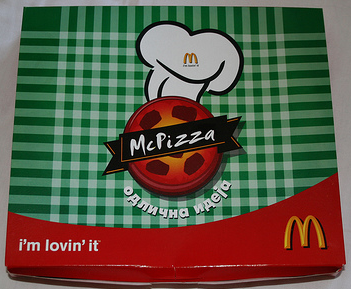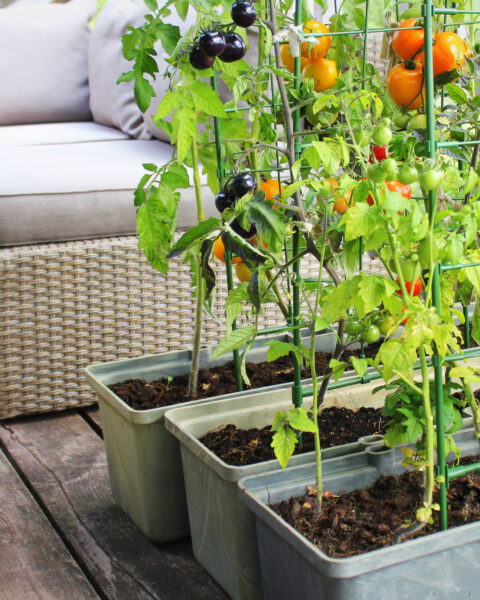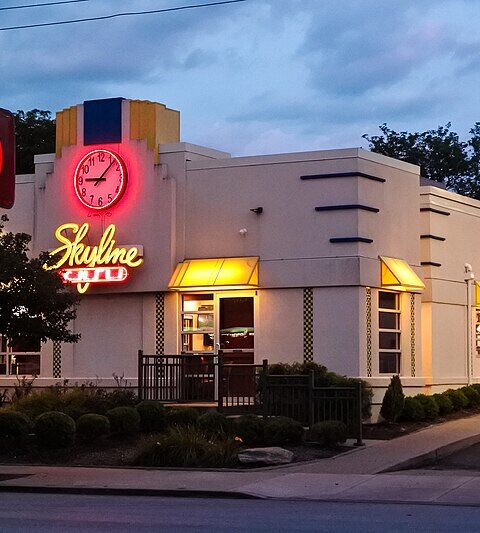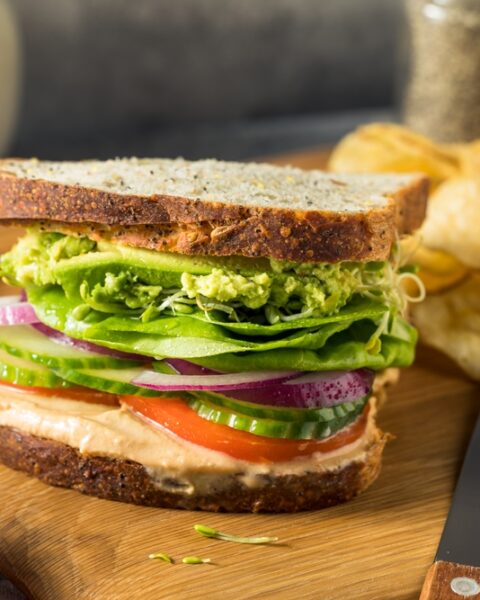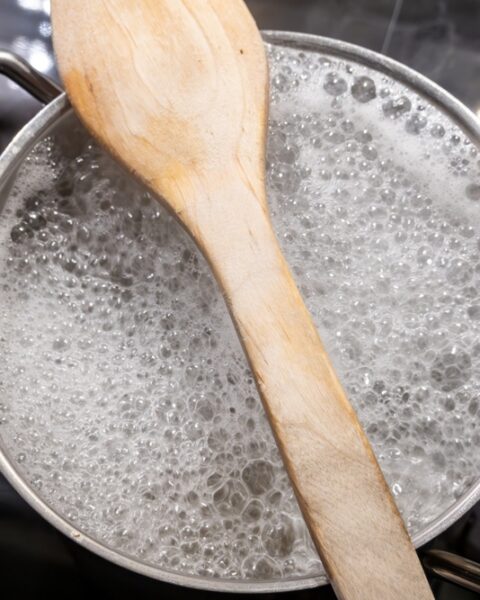Grilling is one of those things that can either go incredibly right or disastrously wrong, and it’s usually the little things that make the difference. Whether you’re a seasoned grill master or just getting started, there are some common mistakes that can sneak up on you and turn your BBQ into a bit of a mess. These aren’t just about ruining the taste of your food—they can also mess with the whole grilling experience. So, to help you keep your next cookout on track, I’ve pulled together a list of grilling faux pas that you’ll want to avoid. Trust me, getting these right will make all the difference when it’s time to fire up the grill.
Contents
- 1 Not Cleaning the Grill Before Use
- 2 Cooking on a Cold Grill
- 3 Using Lighter Fluid for Charcoal
- 4 Overcrowding the Grill
- 5 Constantly Flipping the Meat
- 6 Using the Wrong Cut of Meat
- 7 Not Letting Meat Rest After Grilling
- 8 Using Too Much Sauce Too Early
- 9 Ignoring the Grill’s Hot and Cold Zones
- 10 Pressing Down on Burgers and Steaks
- 11 Not Marinating the Meat Long Enough
- 12 Not Using a Meat Thermometer
- 13 Forgetting to Oil the Grill Grates
- 14 Cooking Over Too High Heat
- 15 Using the Wrong Kind of Wood or Charcoal
- 16 Leaving the Grill Unattended
- 17 More From RetailShout
- 18 Common Myths About Vegan Diets, Debunked
- 19 10 Store-Bought Steak Sauces That Are Surprisingly Unhealthy
Not Cleaning the Grill Before Use
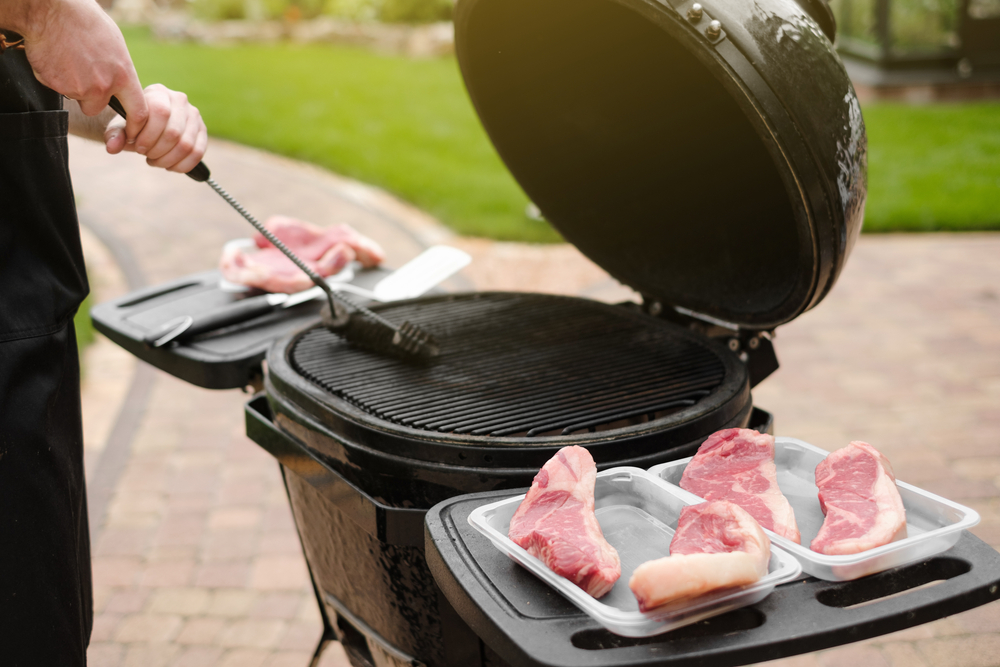
A dirty grill can negatively impact the flavor of your food and even pose health risks. Residual grease and burnt food from previous grilling sessions can cause flare-ups and uneven cooking. Additionally, it can make your food stick to the grill, ruining the presentation and making it harder to clean afterward. Proper grill maintenance includes scraping off any leftover debris and giving the grill grates a thorough cleaning before cooking. This not only improves the taste but also prolongs the life of your grill.
Cooking on a Cold Grill
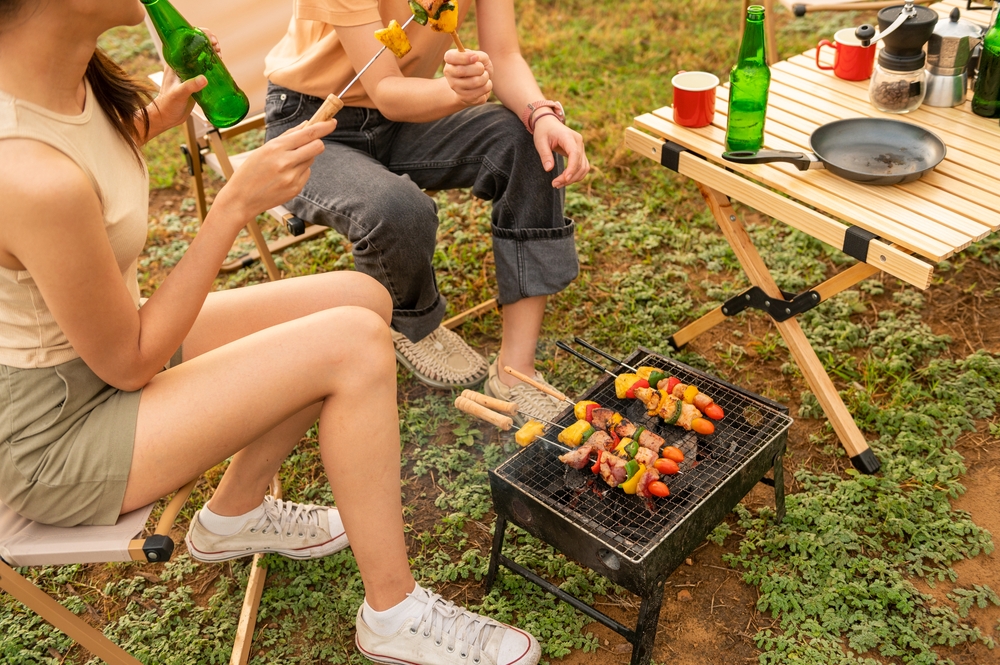
Putting your food on a cold grill is a common mistake that results in uneven cooking. The grill needs to be preheated for at least 10-15 minutes before placing any food on it. This allows the grill to reach the optimal temperature, ensuring that the food cooks evenly and develops a nice sear. Without preheating, you risk undercooking or burning parts of your meal, as the temperature will fluctuate. A properly heated grill also helps in achieving those coveted grill marks, which add both flavor and visual appeal.
Using Lighter Fluid for Charcoal
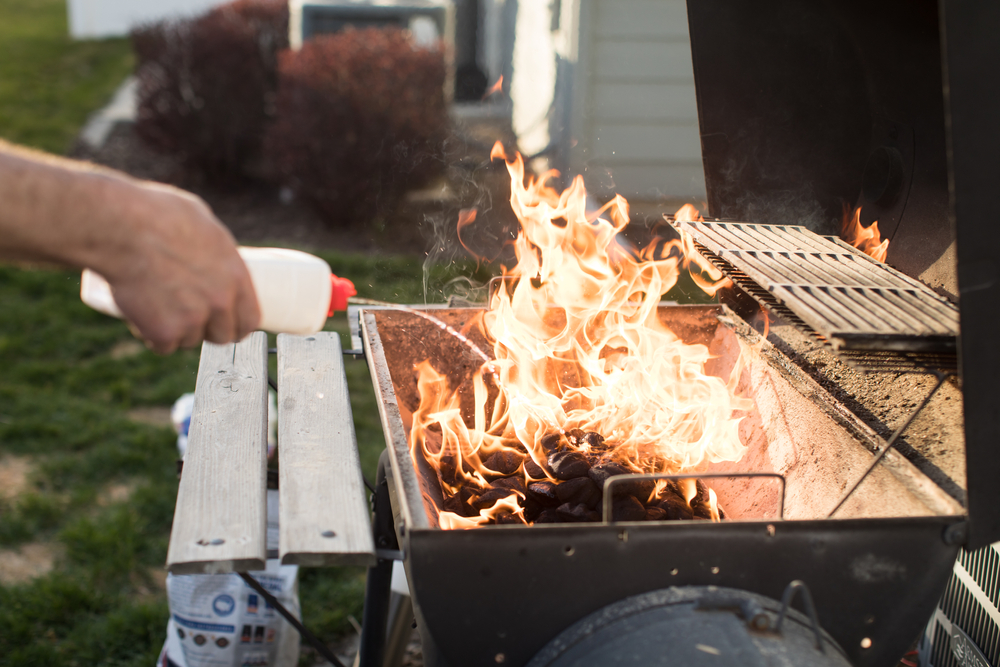
While it may seem like a quick solution, using lighter fluid to ignite your charcoal can impart a chemical taste to your food. The fumes from lighter fluid can linger and get absorbed by the meat, resulting in an unpleasant flavor. It’s better to use a chimney starter or natural fire starters that don’t rely on chemicals. These methods might take a bit longer, but they ensure a cleaner burn and a better-tasting barbecue. Moreover, avoiding lighter fluid reduces the risk of flare-ups and accidents caused by excessive fluid use.
Overcrowding the Grill
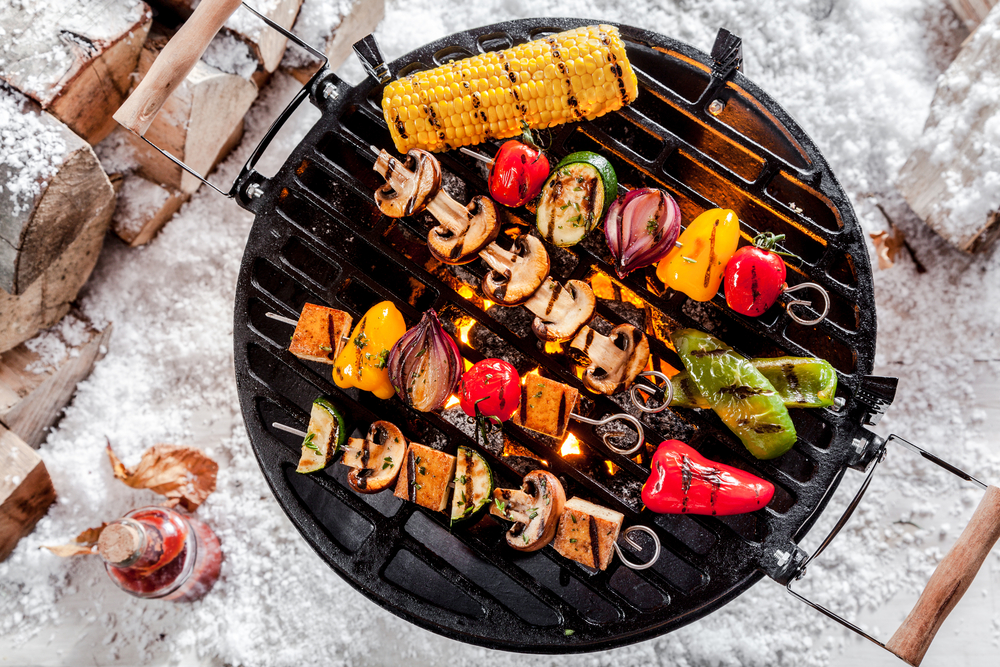
Overcrowding the grill is a surefire way to ruin your BBQ. When you place too much food on the grill at once, it hinders airflow, making it difficult to maintain a consistent temperature. This leads to uneven cooking, with some items being overcooked while others are undercooked. Additionally, overcrowding can cause flare-ups as the fat from the meat drips onto the flames. It’s essential to give each piece of food enough space to cook properly, ensuring that everything comes out perfectly grilled.
Constantly Flipping the Meat
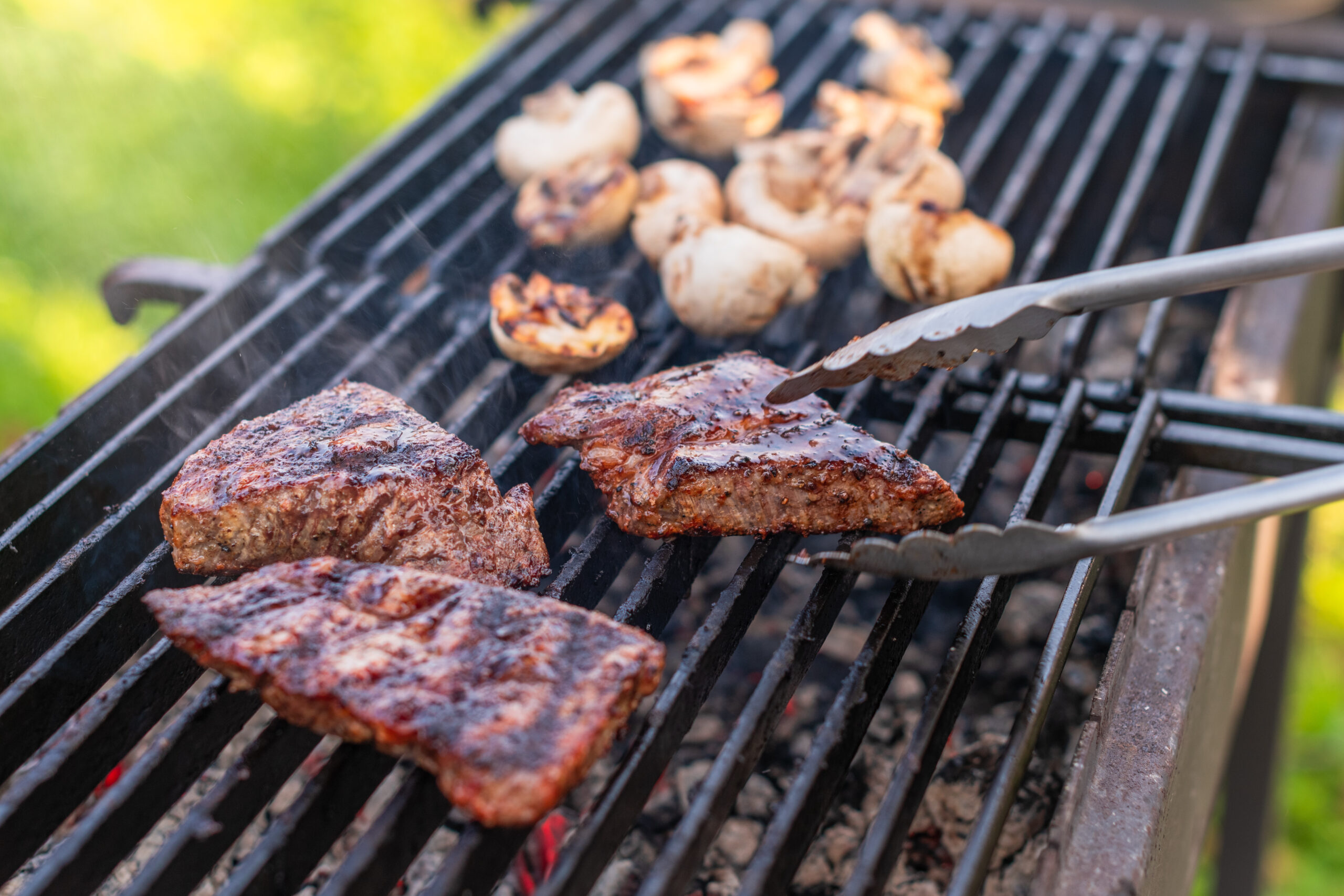
Flipping meat too often is a mistake that many grillers make. Each time you flip the meat, you disrupt the cooking process and prevent it from developing a good sear. The sear not only adds flavor but also helps lock in the juices, making the meat more tender and flavorful. Ideally, meat should only be flipped once during grilling, allowing each side to cook evenly and thoroughly. Frequent flipping can also cause the meat to stick to the grill, tearing the surface and resulting in a less appetizing dish.
Using the Wrong Cut of Meat
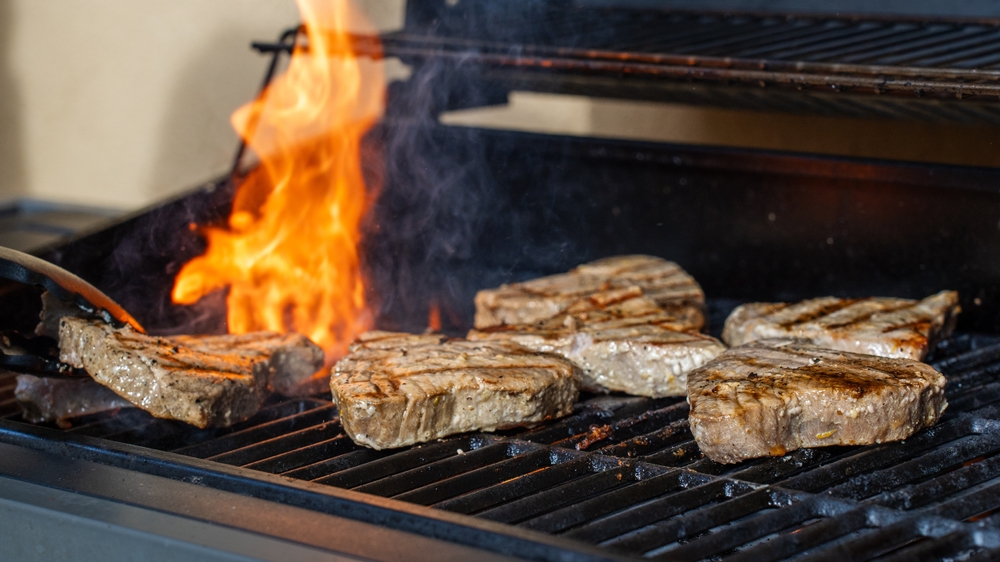
Choosing the wrong cut of meat can make or break your BBQ. Some cuts are better suited for grilling than others, and using a cut that is too tough or too lean can result in a disappointing meal. For example, cuts like ribeye or sirloin are ideal for grilling because they have the right amount of fat to stay juicy and flavorful. On the other hand, cuts like brisket require low and slow cooking and are not well-suited for high-heat grilling. It’s important to select cuts that are appropriate for the grilling method you plan to use.
Not Letting Meat Rest After Grilling
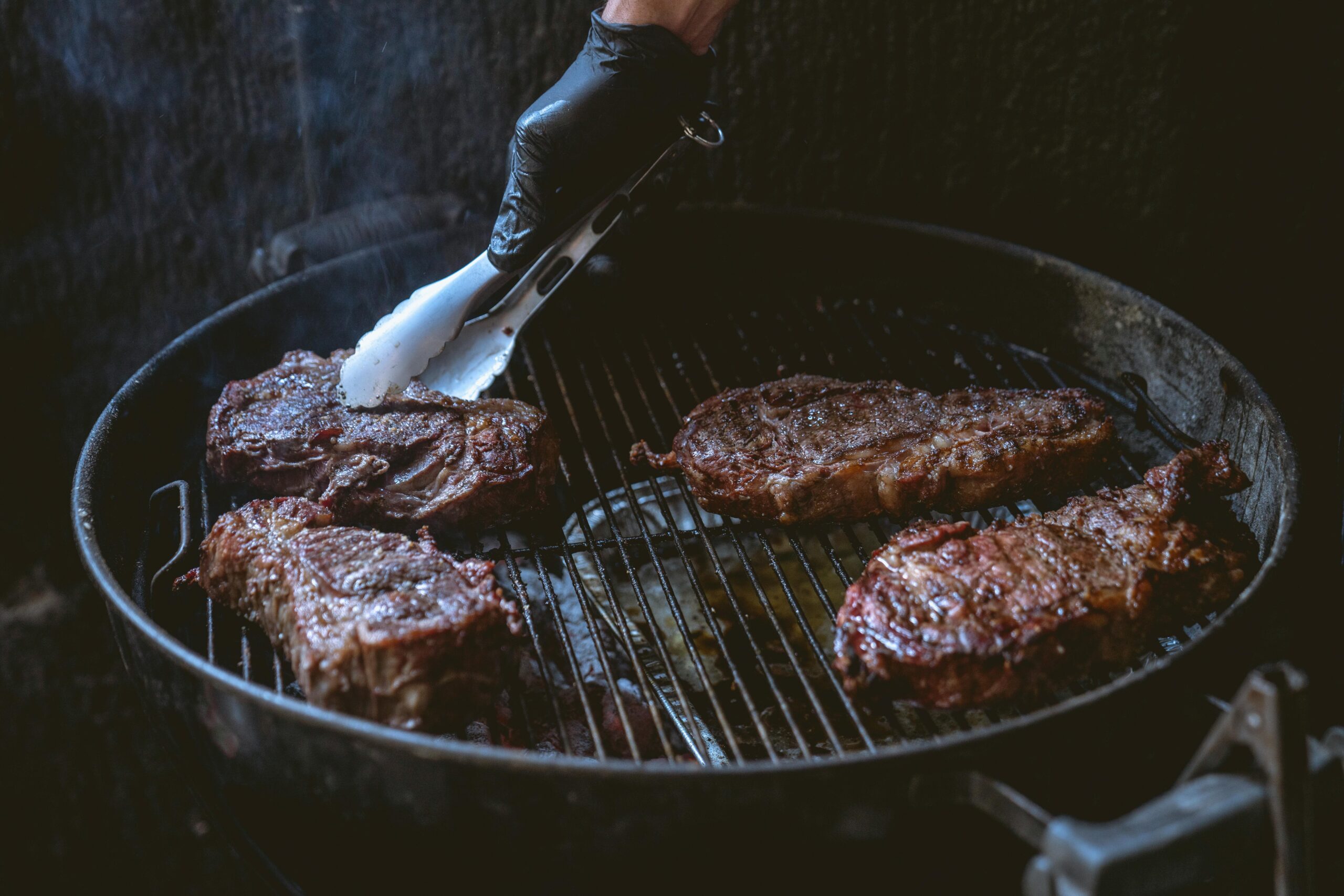
One of the most overlooked aspects of grilling is letting the meat rest after cooking. Resting allows the juices to redistribute throughout the meat, making it more flavorful and tender. Cutting into the meat too soon will cause the juices to spill out, leaving you with a dry and less flavorful dish. The ideal resting time varies depending on the size of the cut, but generally, 5-10 minutes is sufficient. This simple step can make a significant difference in the overall quality of your grilled food.
Using Too Much Sauce Too Early
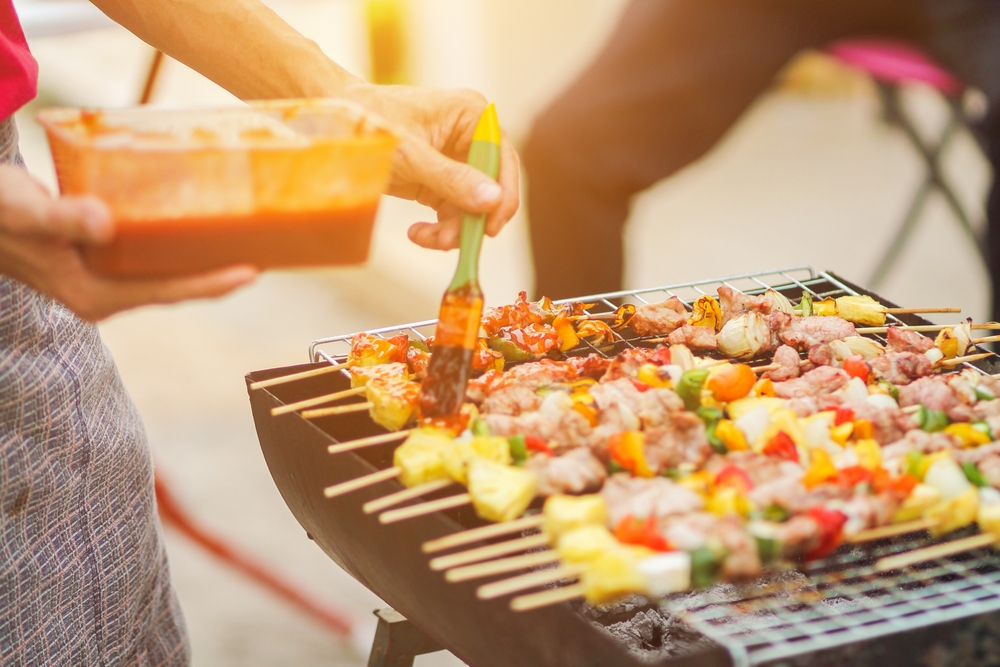
Applying BBQ sauce too early in the grilling process can lead to burnt and bitter food. Most BBQ sauces contain sugar, which can burn quickly when exposed to high heat. If you apply the sauce too early, it will char before the meat is fully cooked, resulting in an unpleasant taste and texture. It’s best to wait until the last few minutes of grilling to brush on the sauce, allowing it to caramelize without burning. This method ensures a rich, flavorful glaze that enhances the taste of your meat without overpowering it.
Ignoring the Grill’s Hot and Cold Zones
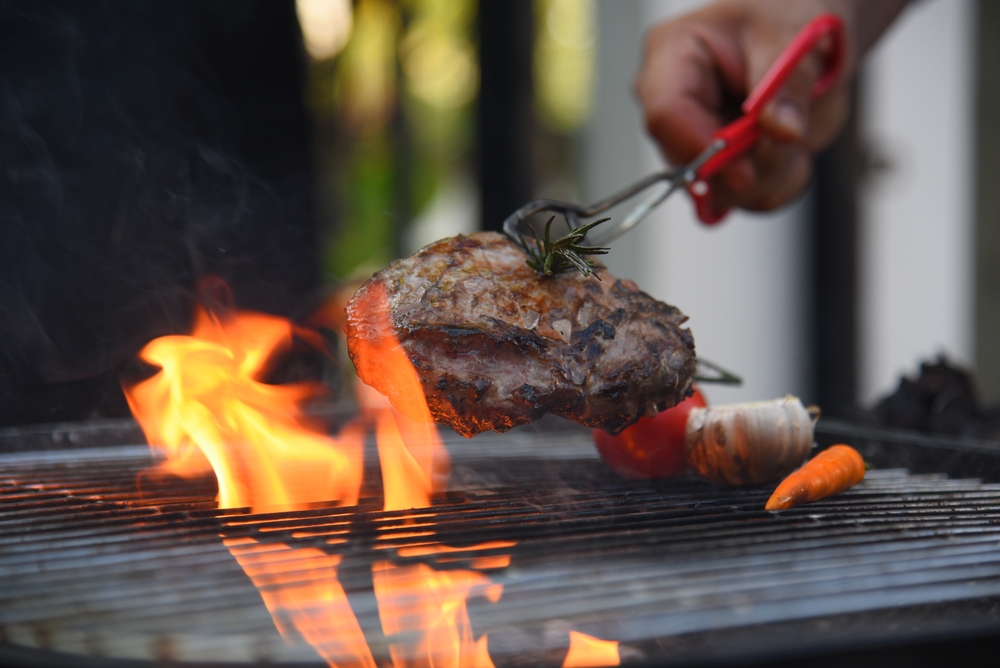
Every grill has hot and cold zones, and understanding how to use them is crucial for successful grilling. The hot zone is ideal for searing and cooking foods that require high heat, while the cold zone is perfect for slower cooking or keeping food warm without overcooking. Ignoring these zones can lead to unevenly cooked food, with some parts being burnt and others undercooked. It’s important to move food between these zones as needed to ensure that everything is cooked to perfection.
Pressing Down on Burgers and Steaks
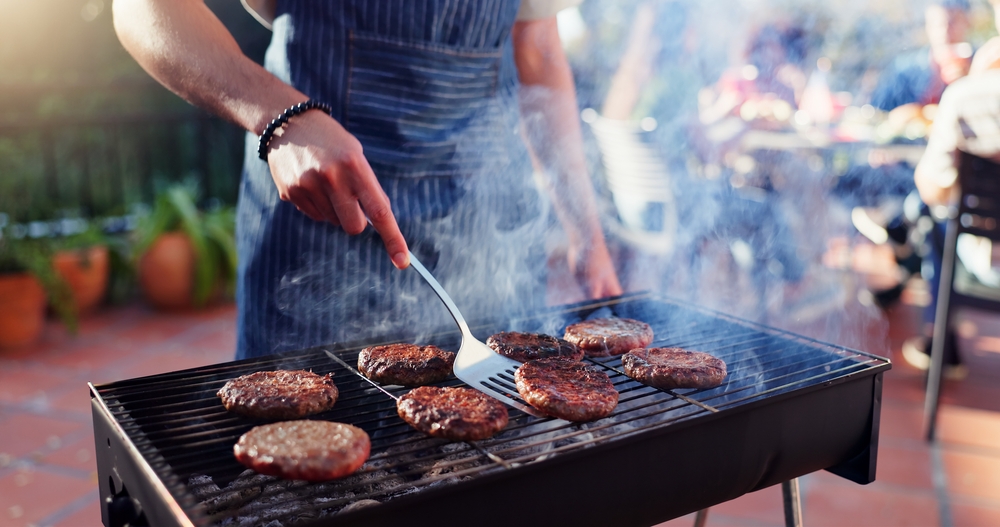
Pressing down on burgers or steaks with a spatula is a common grilling mistake that many people make. While it might seem like a good way to speed up the cooking process, it actually squeezes out the juices, leaving the meat dry and less flavorful. This action also causes flare-ups as the juices hit the flames, which can result in burnt or unevenly cooked food. To keep your meat juicy and tender, avoid pressing down on it and let it cook naturally.
Not Marinating the Meat Long Enough
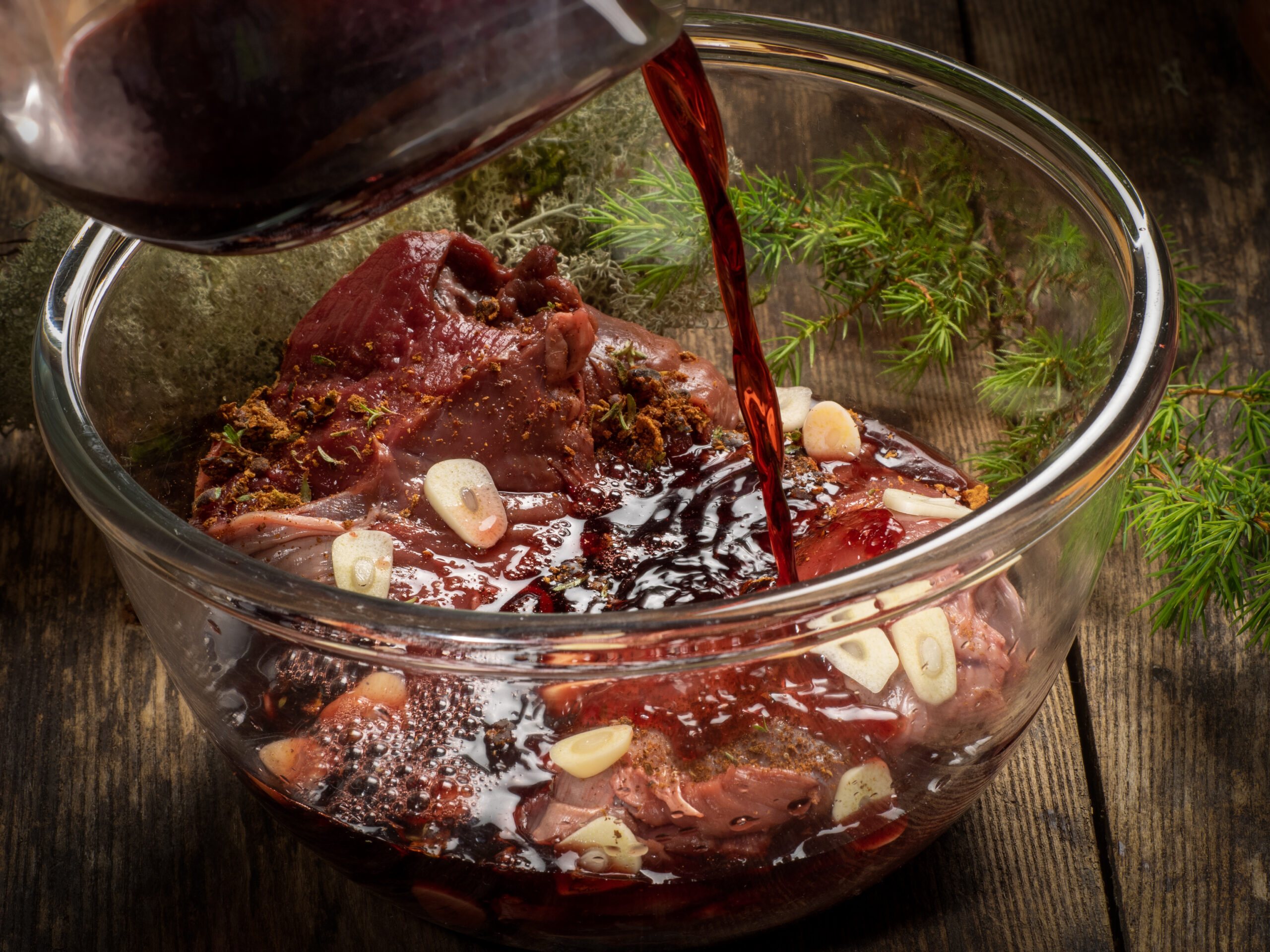
Marinating meat adds flavor and helps to tenderize tougher cuts, but many people don’t marinate for long enough. A quick dip in the marinade won’t impart the deep flavors that make a BBQ dish stand out. Ideally, meat should be marinated for at least a few hours, or even overnight, to allow the flavors to penetrate fully. This step is especially important for cuts that require extra tenderness. However, be cautious not to over-marinate, as certain ingredients like vinegar or citrus can break down the meat too much if left too long.
Not Using a Meat Thermometer
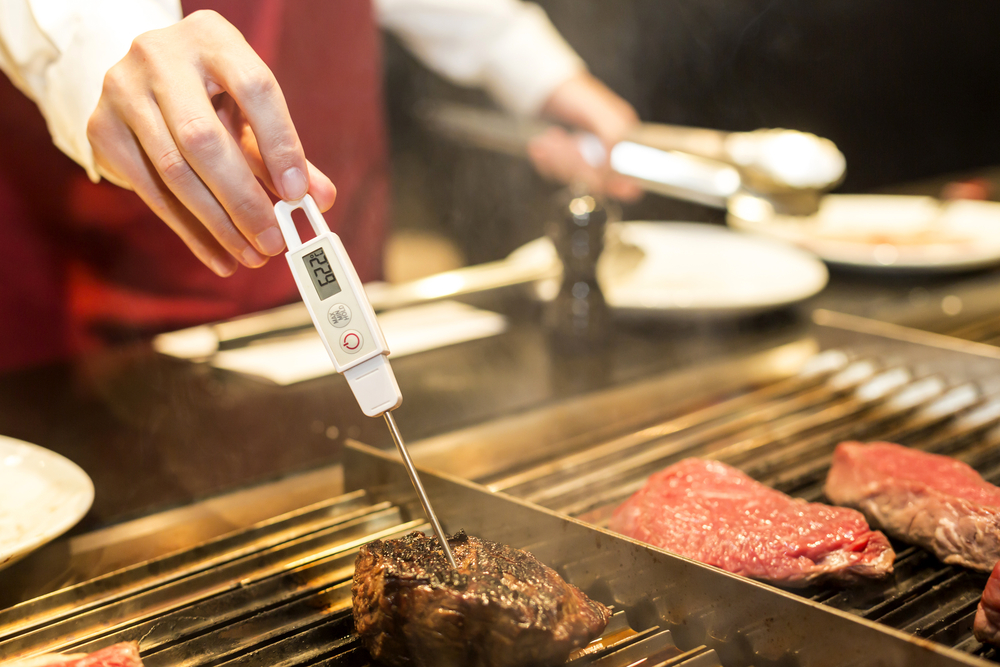
Relying on guesswork to determine if your meat is done can result in undercooked or overcooked food. A meat thermometer takes the guesswork out of grilling by providing an accurate reading of the internal temperature. This ensures that your meat is cooked to the right doneness without the risk of foodborne illnesses from undercooked meat. Each type of meat has its own ideal internal temperature, so using a thermometer helps you achieve the perfect level of doneness every time.
Forgetting to Oil the Grill Grates
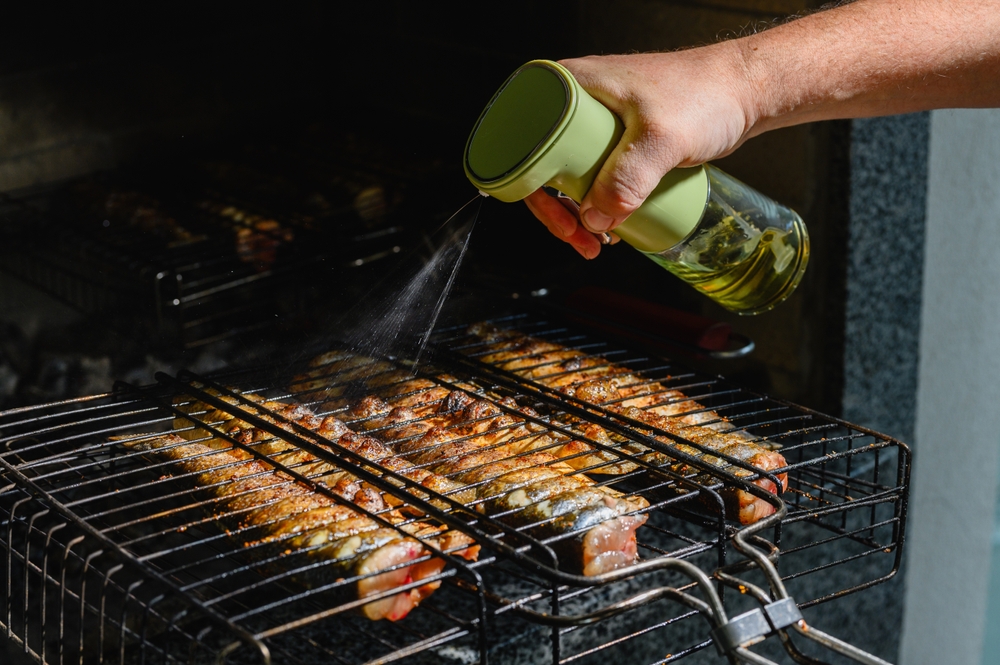
Oiling the grill grates is an important step that prevents food from sticking and tearing when you try to flip it. When you skip this step, the food is more likely to adhere to the grates, especially delicate items like fish or vegetables. This not only ruins the presentation but also makes cleanup more difficult. To avoid this issue, lightly coat the grates with oil before placing any food on the grill. This simple step ensures that your food cooks evenly and releases easily when it’s time to flip.
Cooking Over Too High Heat
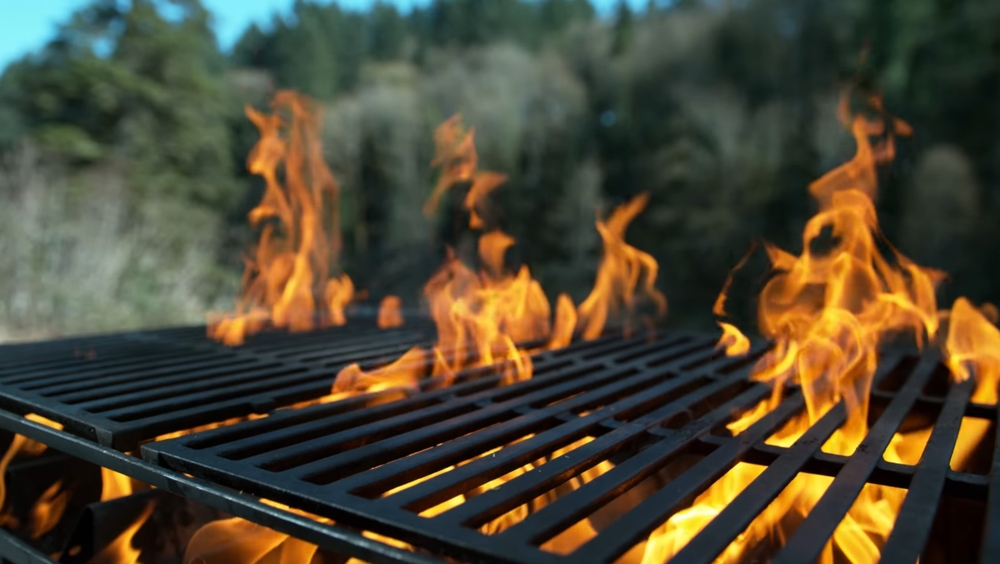
High heat might seem like the best way to get a good sear, but it can also lead to burnt food that is raw on the inside. Cooking at too high a temperature causes the exterior of the food to char before the interior has a chance to cook through. This is especially problematic with thicker cuts of meat, which require a lower, more even heat to cook properly. To avoid this, control the grill’s temperature and use indirect heat for items that need more time to cook. This technique ensures that your food is cooked evenly and remains juicy.
Using the Wrong Kind of Wood or Charcoal

The type of wood or charcoal you use can greatly affect the flavor of your food. Different woods impart different flavors, and using the wrong one can overwhelm or clash with the taste of the meat. For example, mesquite is very strong and can overpower more delicate meats like chicken or fish. Similarly, using cheap charcoal with additives can give your food an off taste. It’s important to choose the right wood or charcoal for the type of meat you’re grilling to enhance its natural flavors rather than mask them.
Leaving the Grill Unattended
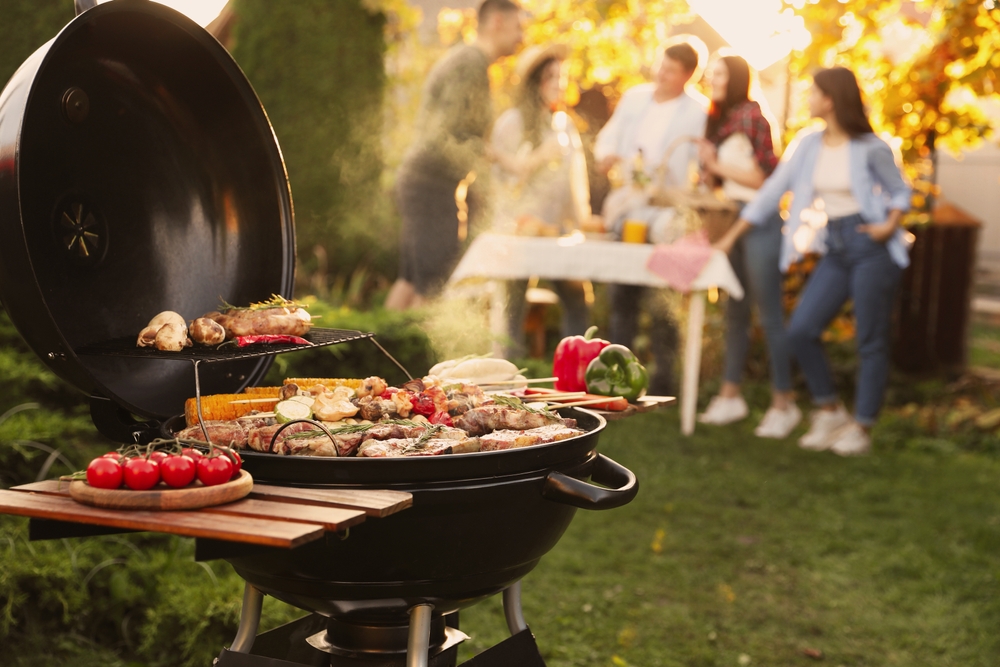
Leaving the grill unattended, even for a short time, can lead to flare-ups, burnt food, or even a fire. Grilling requires constant attention to ensure that everything cooks evenly and safely. Flare-ups can happen suddenly, and if you’re not there to manage them, they can ruin your food or create a dangerous situation. Always stay close to your grill and keep a spray bottle of water handy to douse any flames that get out of control. By keeping a watchful eye, you can prevent mishaps and ensure a successful BBQ.
This article originally appeared on RetailShout.
More From RetailShout
20 Chicken and Potato Recipes You`ll Come Back to Again and Again
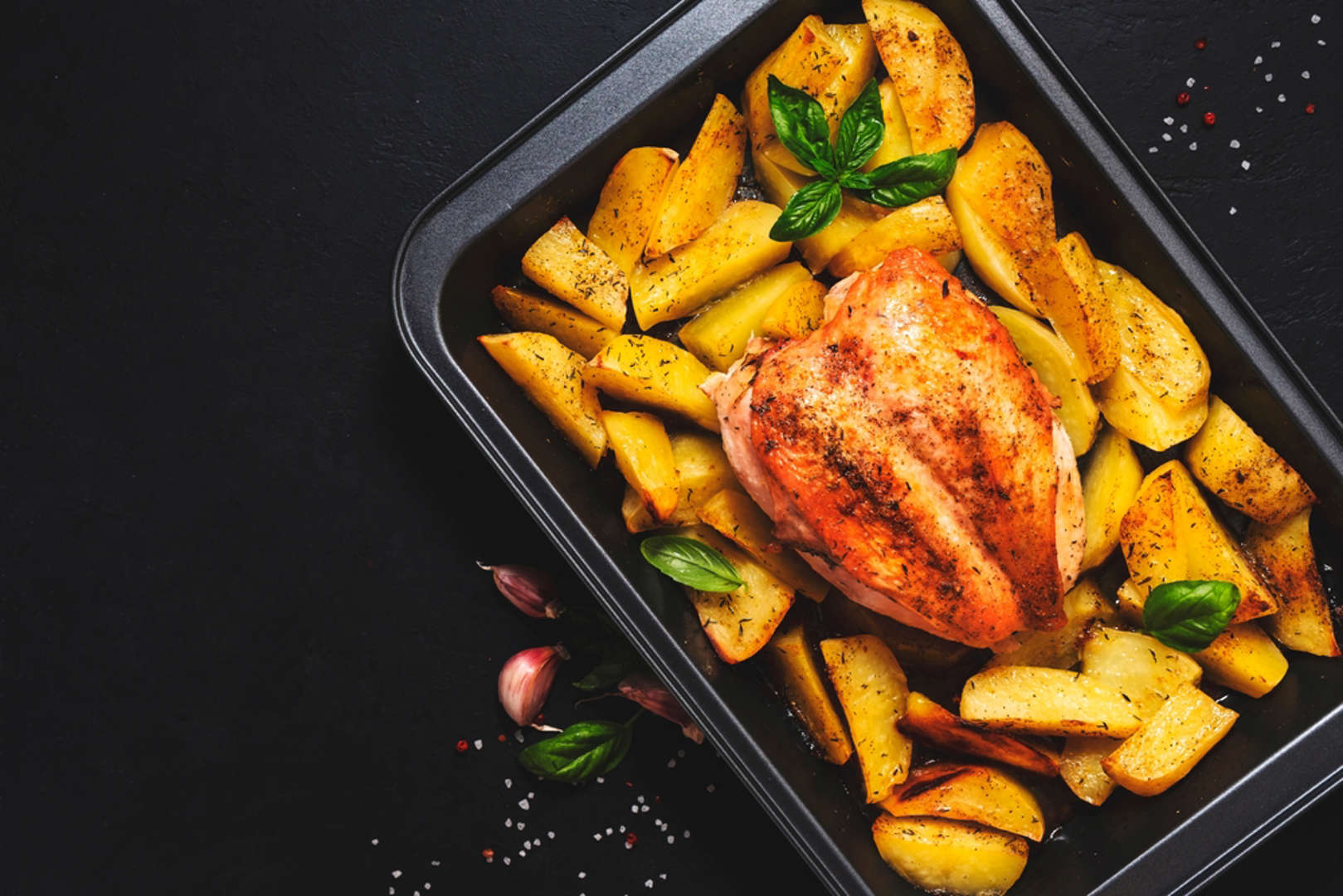
Cooking can be so much fun, especially when you find recipes that are both delicious and easy to make. Chicken and potatoes are a match made in heaven. They come together to create some of the most comforting and tasty dishes. Read More.
Common Myths About Vegan Diets, Debunked
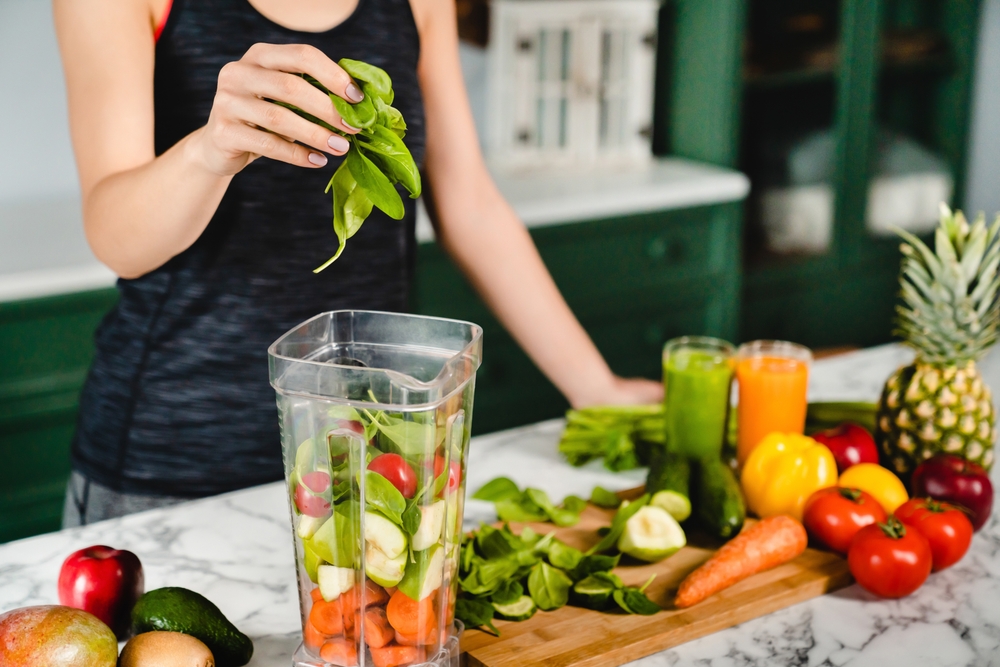
Vegan diets are often surrounded by misconceptions that can deter people from giving them a try. These myths can create unnecessary fears and misunderstandings about what it means to follow a plant-based lifestyle. Read More.
10 Store-Bought Steak Sauces That Are Surprisingly Unhealthy
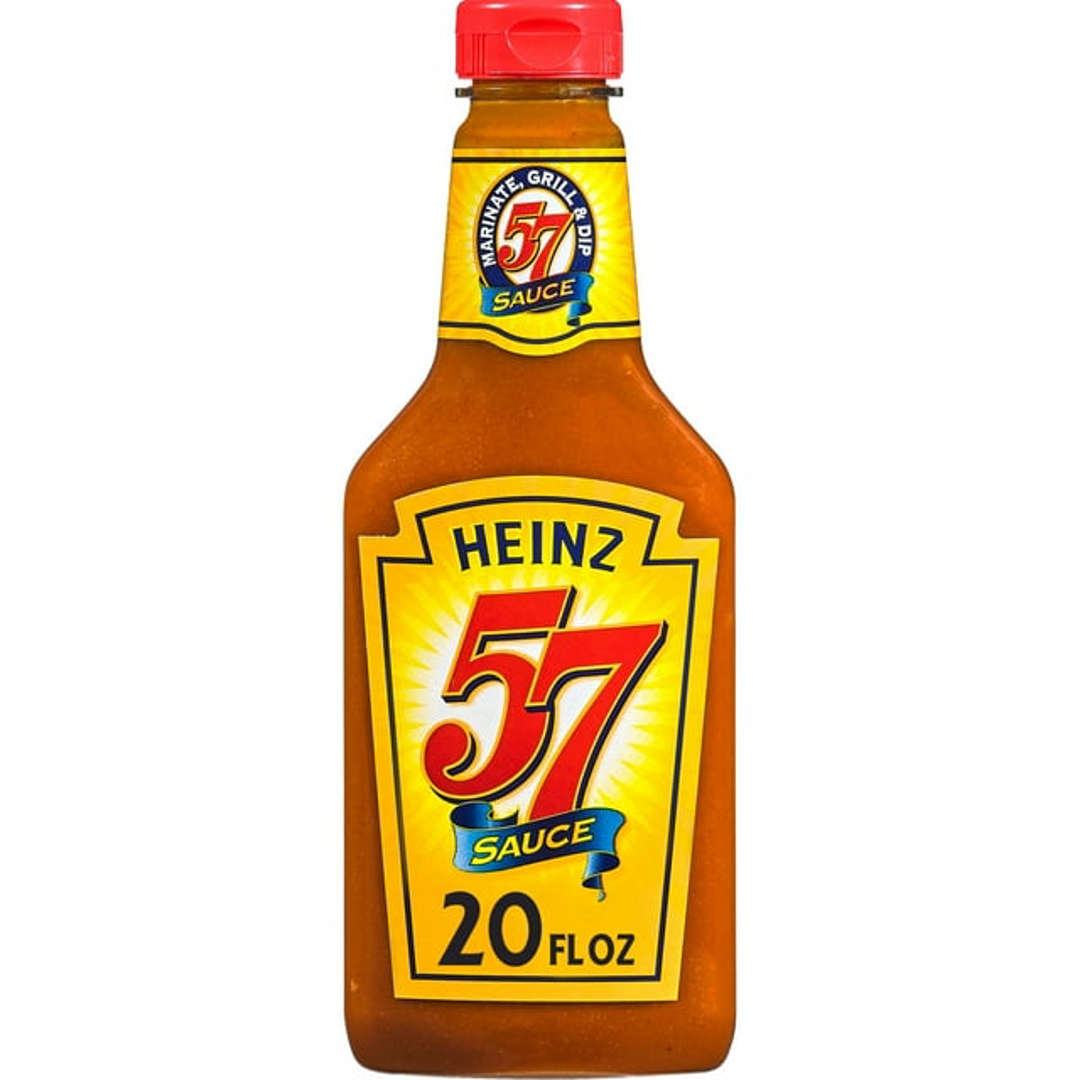
When it comes to adding flavor to your steak, store-bought sauces are a go-to for many of us. But not all of them are as good for you as they might seem. Some of these sauces are loaded with unhealthy ingredients that can sneakily add up and impact your health over time. Read More.

